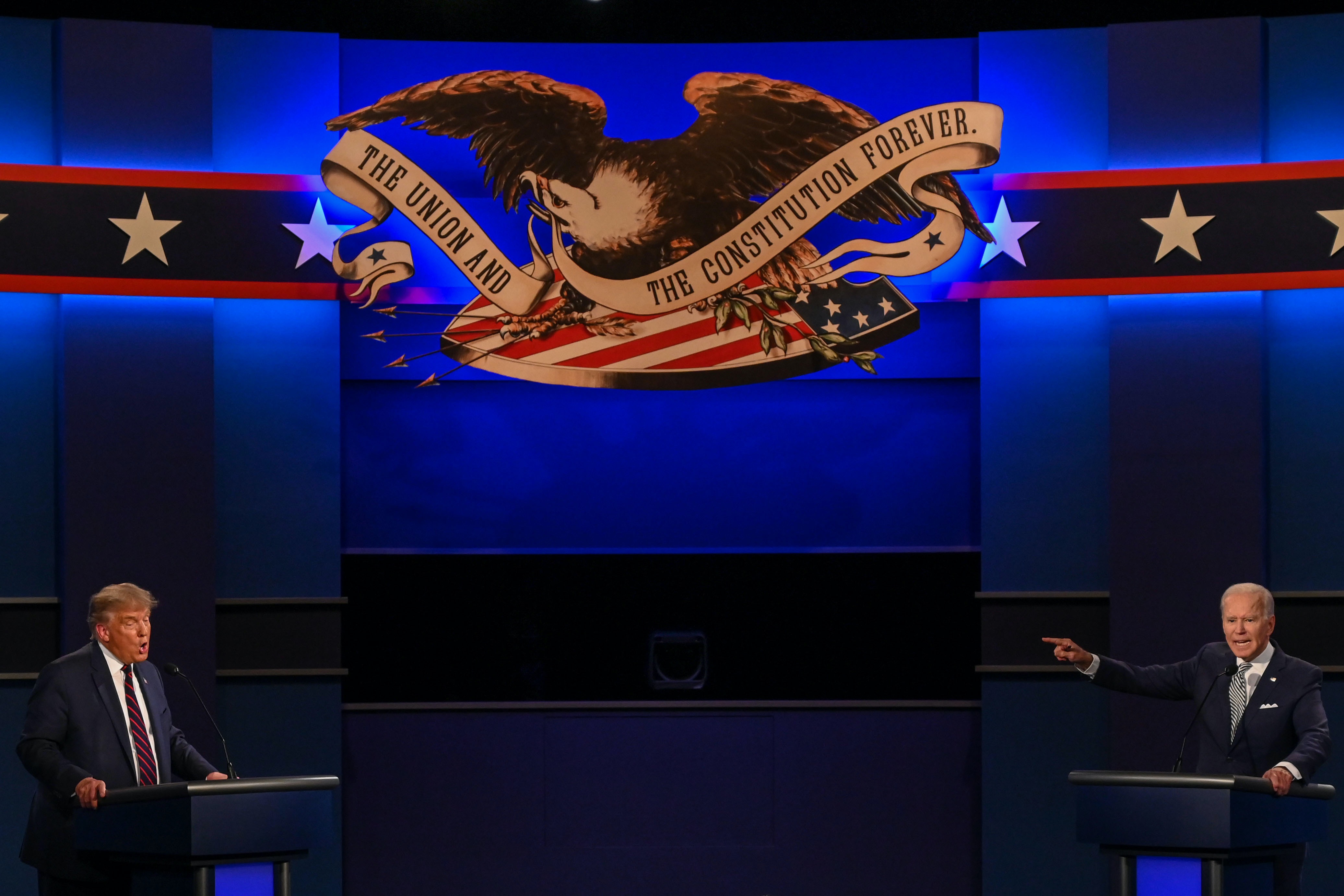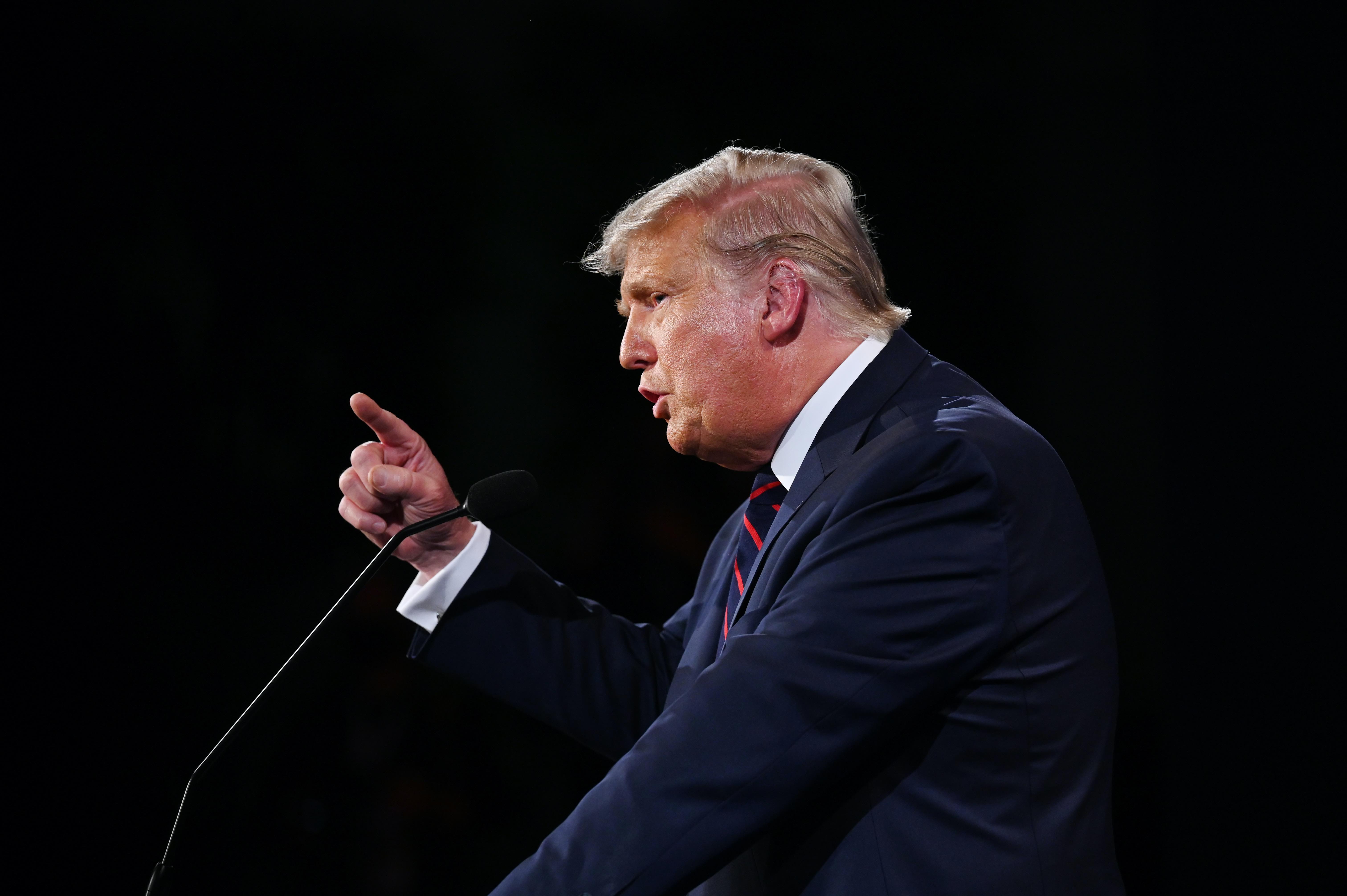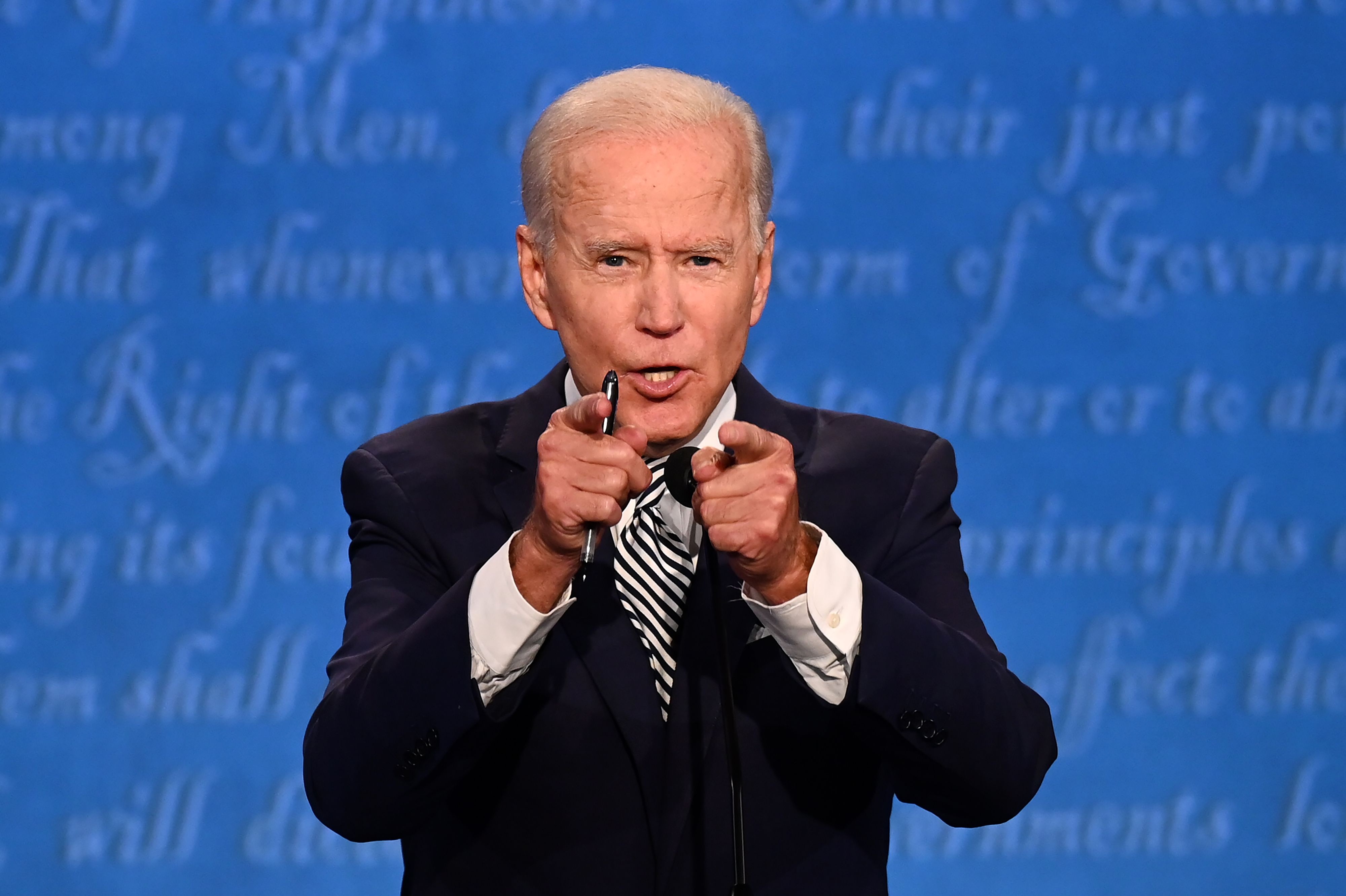
Politics & Society
As the US elections near, global democracy is at stake

The first US presidential debate ahead of the November election didn’t proffer a winner so much as testimony to a dire political discourse
Published 1 October 2020
Yesterday, I was on a Zoom call with one of my research students. We’d been talking about how each of us was faring during lockdown and I quipped that aside from the hovering stench of disease and death, I’m actually quite okay.
In the Australian context, of course, I was being hyperbolic. Hundreds of deaths here and thousands of diagnoses, Victoria has had a rough ride, but disease and death aren’t on my mind all that much.

Now well into my sixth month of the Melbourne lockdown, I’ve quashed most of my feelings of impending doom.
For the US however – that stench, that doom – is real. And it was the elephant in the room during this year’s first presidential debate.
Optically at least, COVID was everywhere. From the mostly-empty room, the absent handshakes, the social distancing.

Politics & Society
As the US elections near, global democracy is at stake
Without the ability for a lurking, hulking Donald Trump to use his stature to intimidate — the way he did during the 2016 debates with Hillary Clinton — he was left to scrabble for a substitute, accomplished mostly through petty interruptions and predictable personal insults.
And while American television anchor and journalist Chris Wallace’s moderation was mostly insipid with more than a dash of well-out-of-his-depth-substitute-teacher, he did ask a couple of COVID-specific questions.
But for a debate happening during a pandemic, I didn’t want to hear about anything other than disease or death.
The pandemic is happening now. It’s not a historic event. It’s not a past tense case study prime for academic autopsy.

As I type, as Joe Biden and Trump bickered, people are dying – and many thousands are being newly diagnosed. And I wanted this addressed.
Something that’s been gnawing at me since the United States hit 5000 COVID deaths in April – something that’s moved from gnawing to devastation now that number has well exceeded 200,000 – is the sheer gravity of that many people who are now just gone.
The word sonder describes the realisation that everyone else’s lives are just as rich and complex as our own. It’s my permanent niggle when I think about any policy-making involving people, and it’s certainly been on my mind throughout 2020.

Health & Medicine
A pandemic letter from an Aussie in the USA
Two hundred thousand is a number that both rolls off the tongue easily and is completely inconceivable to fully grasp.
More than 200,000 people dead – people with hopes and dreams, favourite songs and years of memories – and that’s unspeakably wretched enough. But there are entire networks of thinking, feeling, newly-grieving loved ones around every single one of those dead Americans.
Nineteen years on from the September 11 attacks and the deaths of a little fewer than 3,000 people continues to be mourned. The attack is so woven into the fabric of American life and identity that it’s easy to be tricked into thinking it was sonder that explains all the anguish.
This year has taught me that sonder is evidently much less interesting to Americans than fuzzy notions of patriotism, than fears of ‘The Other’, than hostility towards outsiders.

If Americans were truly able to grasp that people just like them are dead in incomprehensible numbers, there would be nothing else to think about, to talk about. Certainly nothing else to debate.
What I wanted to hear during the debate was a plan to address the enormous shortcomings of American federalism. What I wanted to hear were details of a grand-scale coordinated federal response to COVID rather than this every-state-running-their-own-show debacle that’s transpired thus far.
What I wanted to hear was proper attribution of lives lost and lives irrevocably altered, and a plan for not only future ‘recovery’ but a plan for right now.

Politics & Society
10 reasons why COVID-19 favours a Trump election victory
It’s easy to talk about the debate’s bullying, the steamrolling, Biden’s many missed opportunities for retort. To talk about the lies, the bad moderation, the true fright of Trump encouraging right-wing supremacists to ‘stand by’ and to dabble in voter intimidation.
But in the middle of a pandemic, I just wanted the incumbent held to account for leaving millions of people to their own devices. And I wanted details on how a new president would lead a nation through a pandemic that is playing out in real time.
The debate didn’t proffer a winner so much as testimony to a dire political discourse – and the comprehensive sidelining of compassion in public policy.
Banner: Getty Images